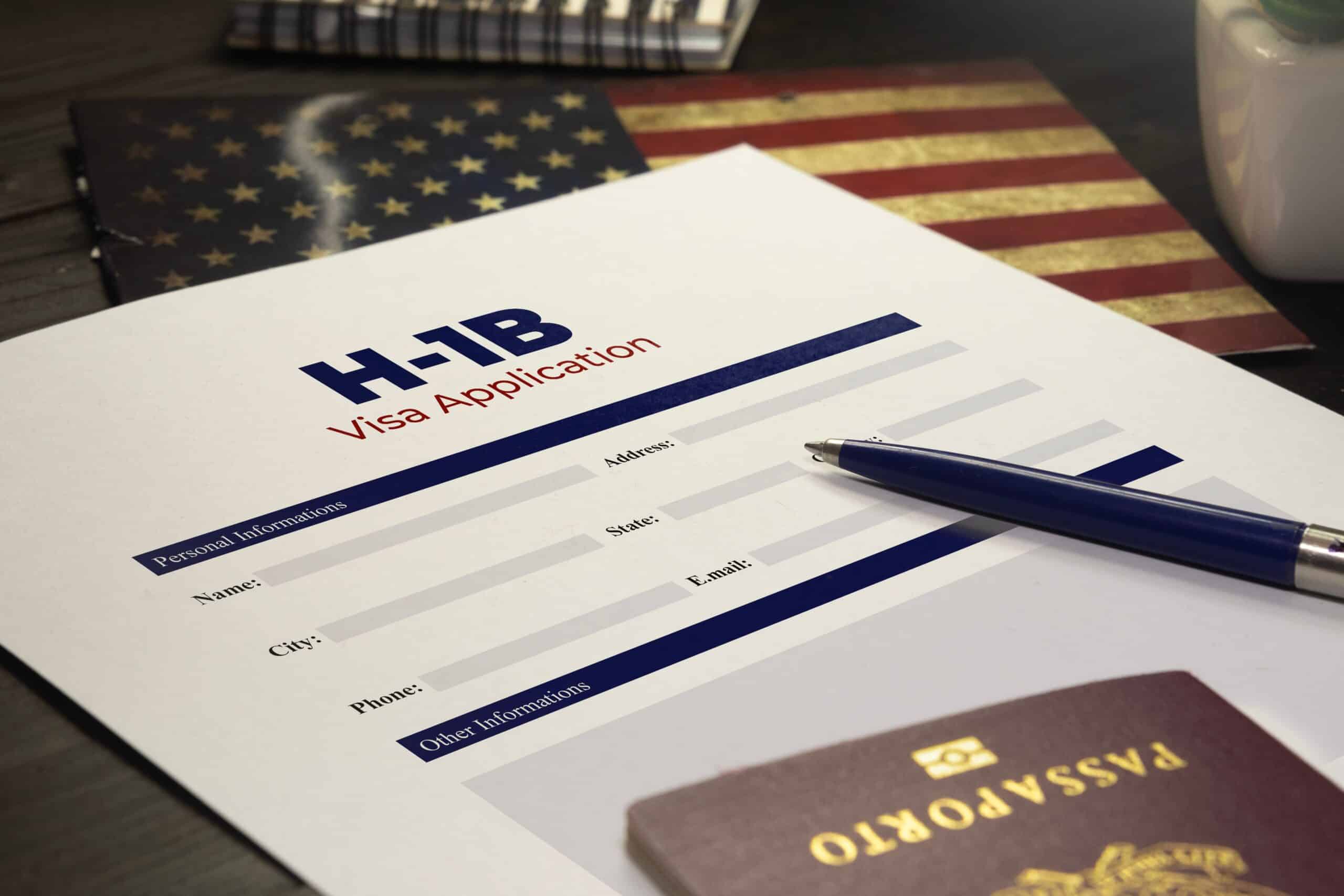The U.S. tech industry has long relied on international talent to fill workforce gaps, with 65% of new H-1B visa holders working in computer-related occupations in 2023. However, rapid policy changes under the new Trump administration are sparking uncertainty about the H-1B program’s future.
The president appeared to show support for the visas in December 2024. Yet his first term was marked by a tightening of eligibility rules, which contributed to a 24% H-1B petition denial rate in 2018—compared to 6% in 2015. At the very least, added scrutiny is expected for companies that apply for H-1B visas on behalf of potential employees.
Companies recruiting IT talent must prepare for the potential effects of policy changes, including:
- Increased obstacles when hiring H-1B visa tech workers
- Growing competition for domestic talent as shortages persist
- Evolving strategies for filling highly specialized IT positions
Here’s what you need to know to navigate this changing environment.
The Impact of the H-1B Modernization Rule
While the current Trump administration has yet to make H-1B policy changes, it’s important to recognize the effect of regulatory updates under Biden. During his presidency, petition denial rates dropped as low as 2%. But perhaps most long-lasting impact will occur due to his enactment of the H-1B final rule a few days before Trump took office.
The modernization rule is expected to streamline petitions and extensions, accelerating approvals for qualified applicants. It also increases the types of occupations eligible for the visa. If maintained, this rule could expand technical talent pools in more fields facing IT skills shortages.
However, even without action from the Trump administration, employers of H-1B visa tech professionals will face new challenges. The modernization rule will give the U.S. Citizenship and Information Services (USCIS) more oversight over companies employing noncitizens.
The USCIS now has greater authority to:
- Conduct inspections, audits, and site visits.
- Impose penalties and fines for noncompliance.
- Request evidence of the employer and job offer’s validity.
- Request evidence that the employee maintained immigration status with all prior employers when the current employer files an extension request.
- Request documentation that the employee meets the position’s degree requirements, deferring to the client’s requisition when a staffing firm is the petitioner.
H-1B cap registration fees also raised from $10 to $215 to deter fraud, increasing the costs for employers.
Will H-1B Visa Restrictions Increase Under Trump?
The H-1B modernization rule intentionally created procedural barriers against quick changes. The Trump administration will need to follow a complex rulemaking process—rather than simply enacting an executive order—to adjust the increased speed and flexibility of the approval process. Formal changes are still possible, but this means employers will have lead time to prepare for new rules.
What can employers expect for now? Regulatory experts say increased legal fees, documentation requests, and processing delays. Companies reliant on H-1B visa tech workers can benefit from:
- Establishing an in-house legal team or a partnership with an immigration law firm.
- Maintaining thorough records, including H-1B worker contracts, wage documentation, and proof of eligibility, in case of auditing and site visits.
- Partnering with an IT staffing firm to quickly bridge some skills gaps while awaiting H-1B petition approvals for your specialized workforce.
How H-1B Scrutiny Could Affect the Tech Hiring Landscape
The immediate and long-term costs of hiring H-1B visa tech workers are increasing, clashing with executives’ rising cost management priorities. Regardless of incoming policy changes, the movement across political parties toward greater visa scrutiny is likely to fuel competition for domestic IT talent—affecting even tech employers who don’t leverage the H-1B program.
Also, another rise in petition denials could further urge employers to prioritize domestic workers. In this landscape, employers will need to revamp their recruitment processes to hire top tech talent fast for specialized positions. Competitive compensation, job flexibility, and effective employer branding will all be key.
Technical staffing partners like Capstone IT can further support your talent strategy by connecting you to a large network of highly engaged IT professionals—including those qualified for hard-to-fill positions. For long-term stability, IT leaders may also invest in cross-skilling, upskilling, and succession planning initiatives.
The Future of H-1B Visa Tech Hiring
Despite heightened scrutiny, research shows skilled foreign workers are essential to the success of high-tech firms. This is especially true in younger companies and fields like the semiconductor industry, in which major domestic skills shortages in chip design, AI, and machine learning persist.
This presidential term, the Trump administration could shift its tone on H-1B policies, easing on petition denials to sustain U.S. innovation in its push for a technological edge over China.
In any event, experienced IT staffing firms can support your technical hiring initiatives. First, they can take administrative duties off your shoulders for more complex hiring demands. Second, experienced recruiters can accelerate your recruitment of qualified IT workers, including in specialized fields like AI. At Capstone IT, we deliver top talent by leveraging:
- Fine-tuned hiring processes
- Rigorous technical assessments
- Exclusive talent networks
- A flexible partnership approach for fast adaptability to market changes

